

Get in the KNOW
on LA Startups & Tech
X
Illustration by Ian Hurley
What Are LA’s Hottest Startups of 2022? See Who VCs Picked in dot.LA’s Annual Survey
Harri Weber
Harri is dot.LA's senior finance reporter. She previously worked for Gizmodo, Fast Company, VentureBeat and Flipboard. Find her on Twitter and send tips on L.A. startups and venture capital to harrison@dot.la.
In Los Angeles—like the startup environment at large—venture funding and valuations skyrocketed in 2021, even as the coronavirus pandemic continued to surge and supply chain issues rattled the economy. The result was a startup ecosystem that continued to build on its momentum, with no shortage of companies raising private capital at billion-dollar-plus unicorn valuations.
In order to gauge the local startup scene and who’s leading the proverbial pack, we asked more than 30 leading L.A.-based investors for their take on the hottest firms in the region. They responded with more than two dozen venture-backed companies; three startups, in particular, rose above the rest as repeat nominees, while we've organized the rest by their amount of capital raised as of January, according to data from PitchBook. (We also asked VCs not to pick any of their own portfolio companies, and vetted the list to ensure they stuck to that rule.)
Without further ado, here are the 26 L.A. startups that VCs have their eyes on in 2022.
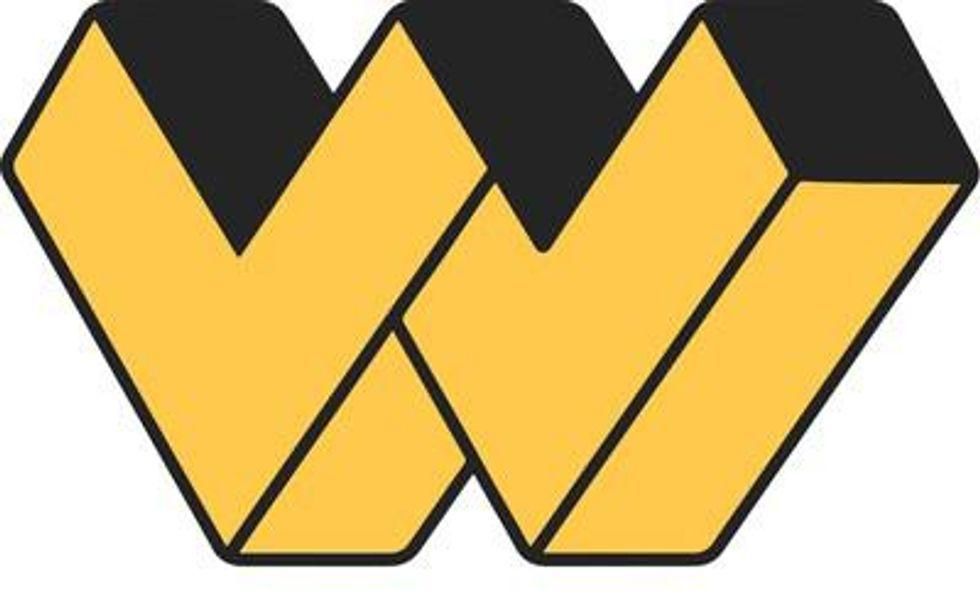
1. Whatnot ($225.4 million raised)
Whatnot was the name most often on the minds of L.A. venture investors—understandably, given its prolific fundraising year. Whatnot raised some $220 million across three separate funding rounds in 2021, on the way to a $1.5 billion valuation.
The Marina del Rey-based livestream shopping platform was founded by former GOAT product manager Logan Head and ex-Googler Grant LaFontaine. The startup made its name by providing a live auction platform for buying and selling collectables like rare Pokémon cards, and has since expanded into sports memorabilia, sneakers and apparel.
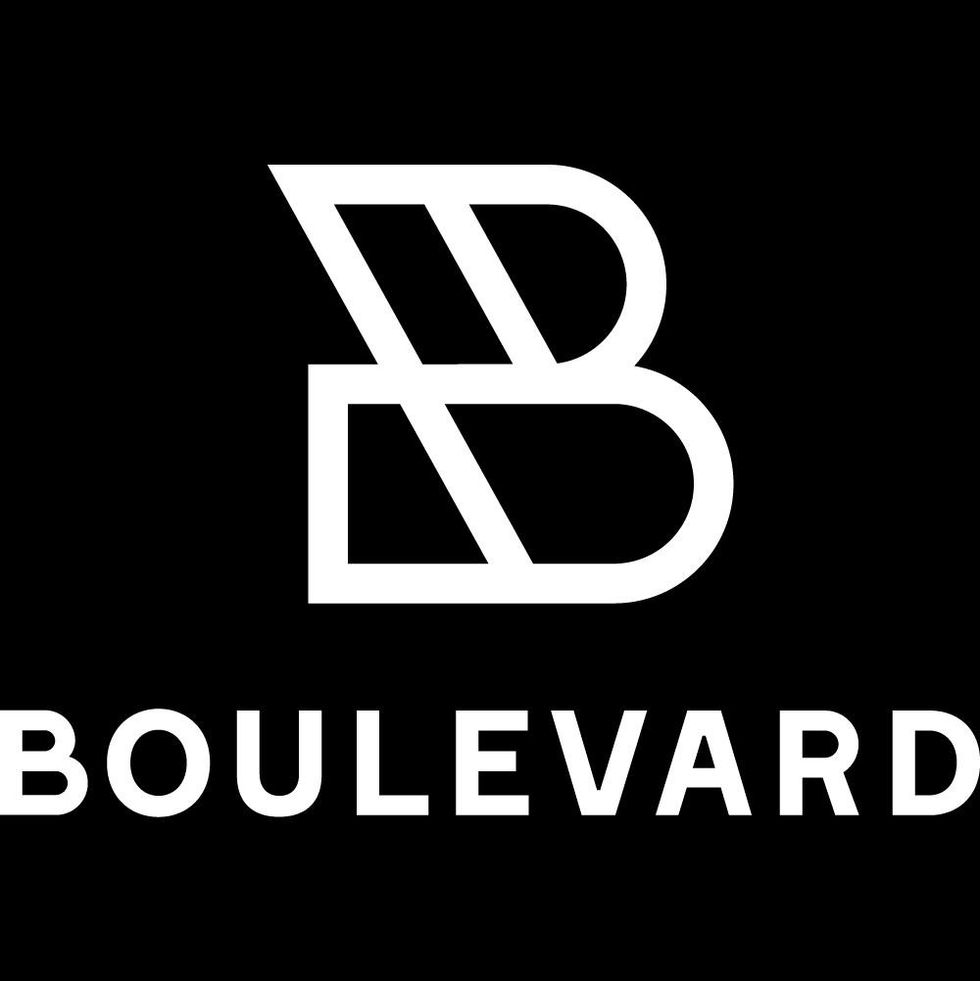
2. Boulevard ($40.3 million raised)
Boulevard’s backers include Santa Monica-based early-stage VC firm Bonfire Ventures, which focuses on B2B software startups. The Downtown-based company fits nicely within that thesis; Boulevard builds booking and payment software for salons and spas. The firm has worked with prominent brands such as Toni & Guy and HeyDay.
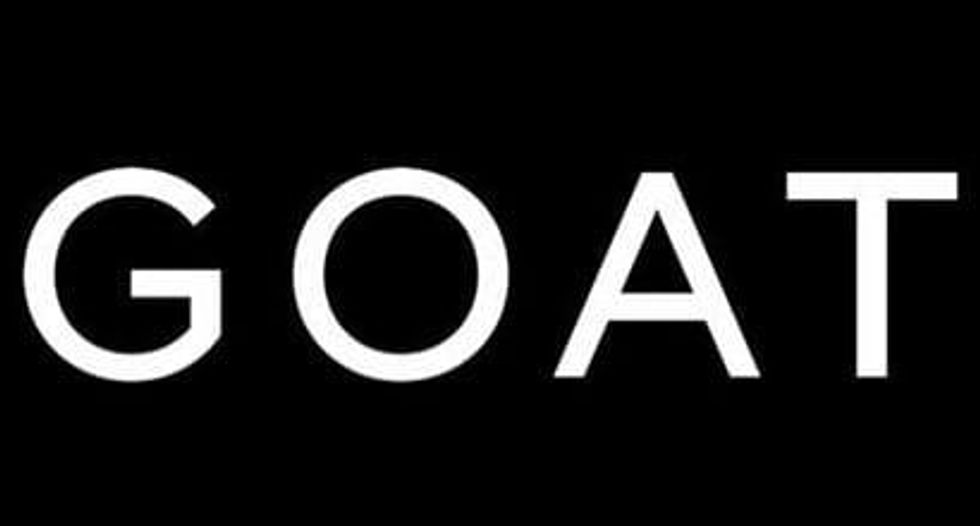
3. GOAT ($492.7 million)
GOAT launched in 2015 as a marketplace to help sneakerheads authenticate used Air Jordans and other collectible shoes. It has since grown at a prolific rate, expanding into apparel and accessories and exceeding $2 billion in merchandise sales in 2020. The startup sealed a $195 million funding round last summer that more than doubled its valuation, to $3.7 billion.
The Best of the Rest
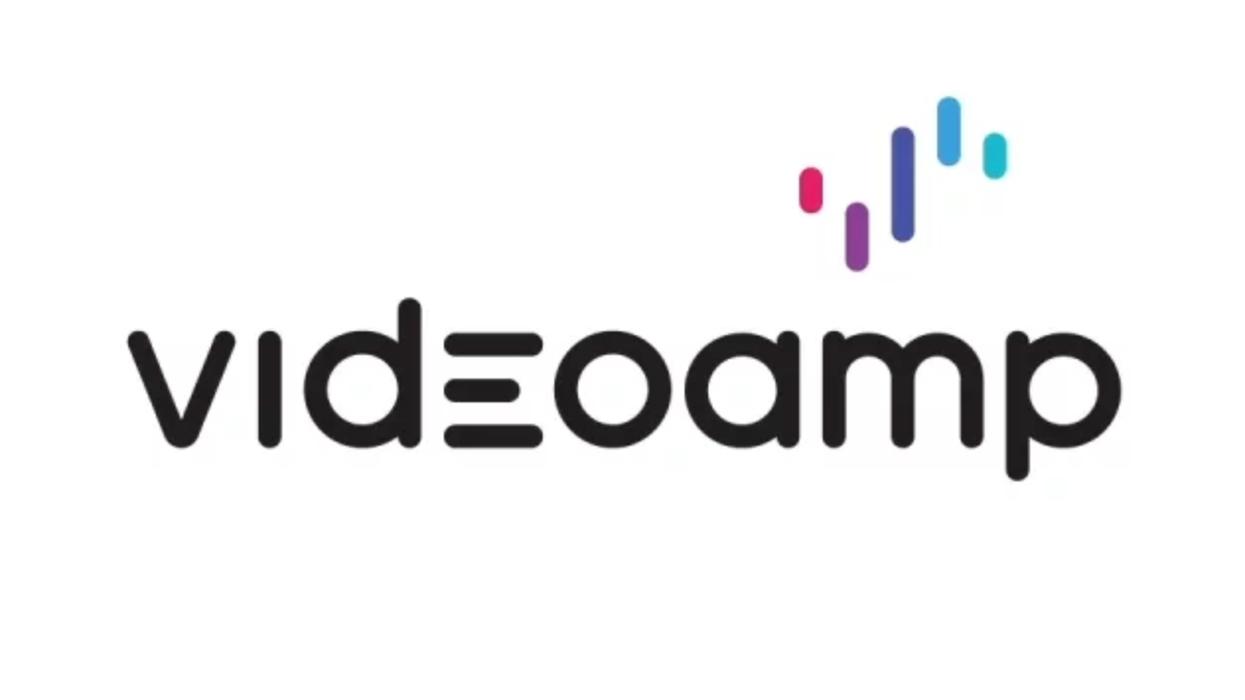
VideoAmp ($578.6 raised)
Nielsen competitor VideoAmp gathers data on who's watching what across streaming services, traditional TV and social apps like YouTube. The company positions itself as an alternative to so-called "legacy" systems like Nielsen, which it says are "fragmented, riddled with complexity and inaccurate." In addition to venture funding, its total funding figure includes more than $165 million in debt financing.

Mythical Games ($269.4 million raised)
Seizing on the NFT craze, Mythical Games is building a platform that powers the growing realm of “play-to-earn games.” Backed by NBA legend Michael Jordan and Andreessen Horowitz, the Sherman Oaks-based startup’s partners include game publishers Abstraction, Creative Mobile and CCG Lab.

FloQast ($202 million raised)
FloQast founder Michael Whitmire says he got a “no” from more than 100 investors in the process of raising a seed round. Today, the accounting software company is considered a unicorn.

Nacelle ($70.8 million raised)
Nacelle produces docuseries, books, comedy albums and podcasts. The media company’s efforts include the Netflix travel series “Down To Earth with Zac Efron.”
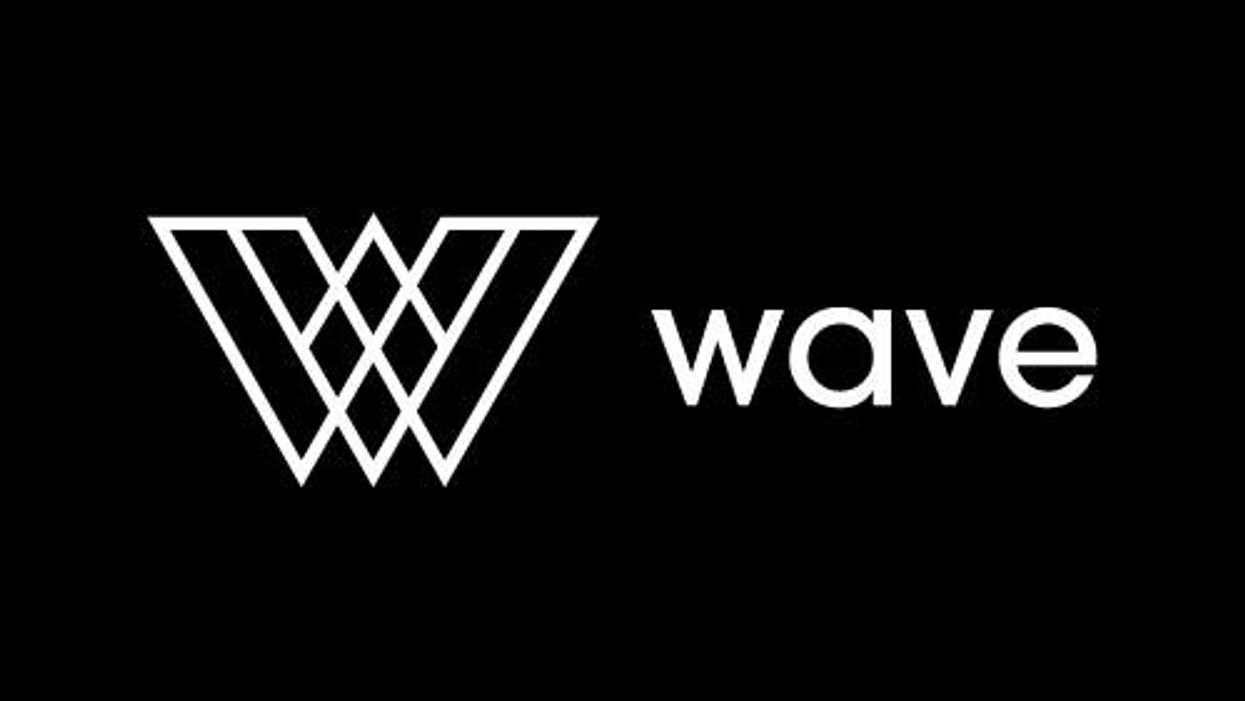
Wave ($66 million raised)
A platform for virtual concerts, Wave has hosted performances by artists including Justin Bieber, Tinashe and The Weeknd. The company says it has raised $66 million to date from the likes of Warner Music and Tencent.
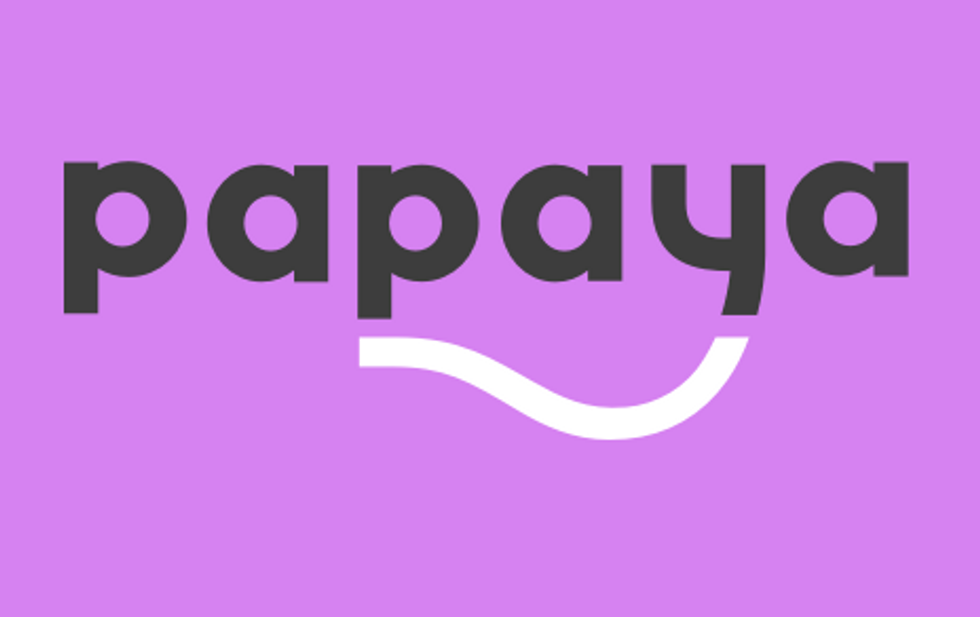
Papaya ($65.2 million raised)
Sherman Oaks-based Papaya looks to make it easier to pay “any” bill—from hospital bills to parking tickets—via its mobile app.
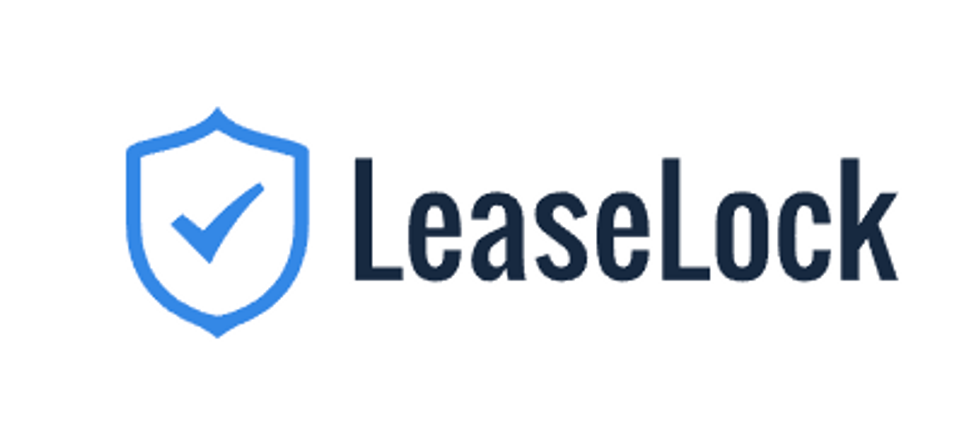
LeaseLock ($63.2 million raised)
Based in Marina del Rey, LeaseLock says it’s on a mission to eliminate security deposits for apartment renters.
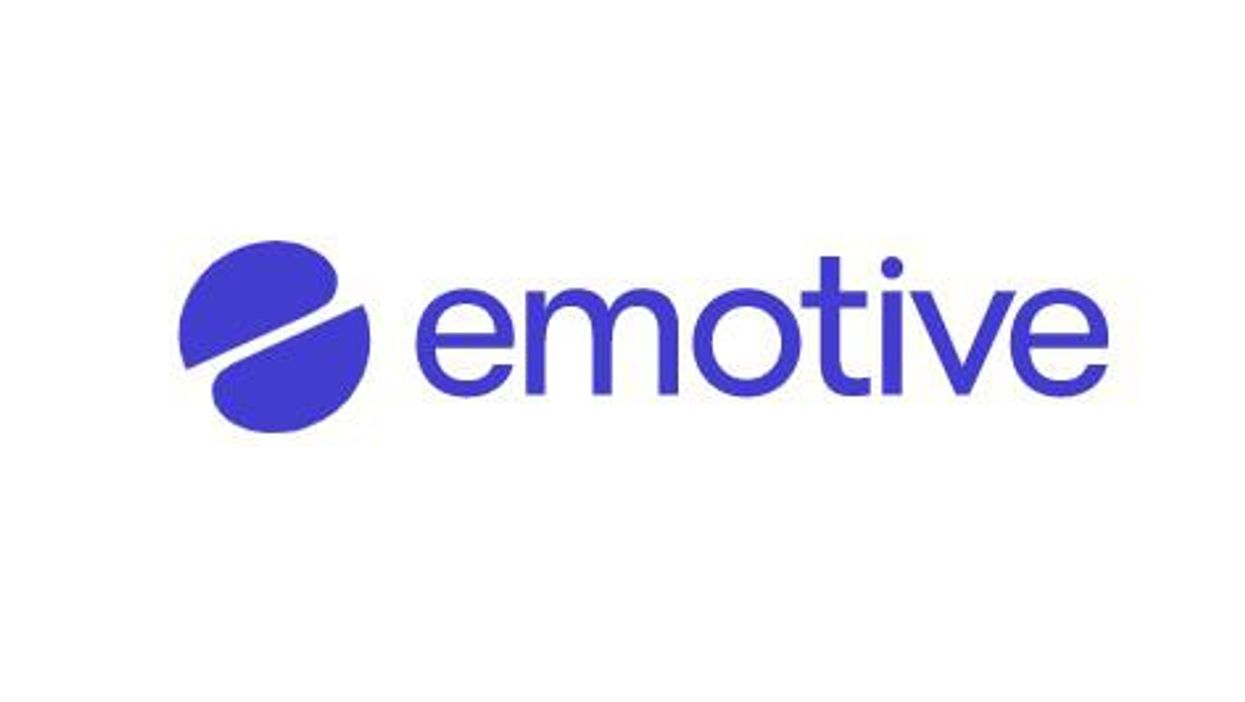
Emotive ($58.1 million raised)
Emotive sells text message-focused marketing tools to ecommerce firms like underwear brand Parade and men's grooming company Beardbrand.
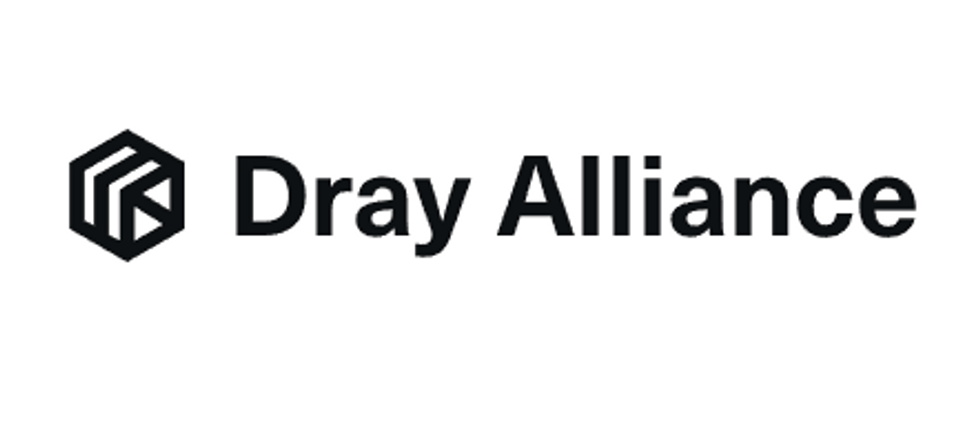
Dray Alliance ($55 million raised)
Based in Long Beach, Dray says its mission is to “modernize the logistics and trucking industry.” Its partners include Danish shipping company Maersk and toy maker Mattel.
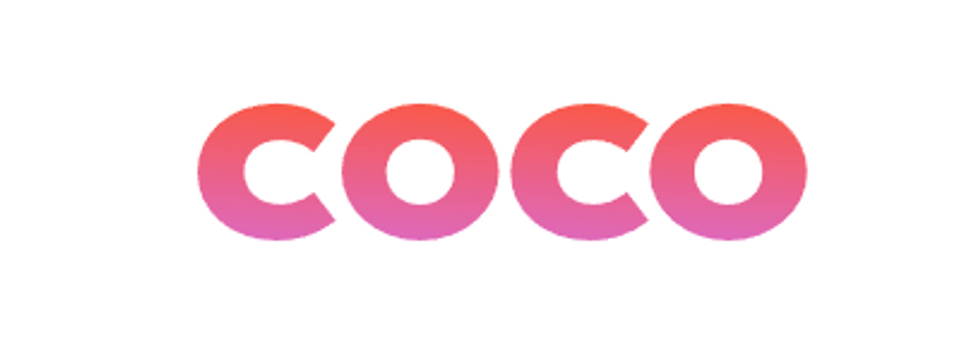
Coco ($43 million raised)
Coco makes small pink robots on wheels (you may have seen them around town) that deliver food via a remote pilot. Its investors include Y Combinator and Silicon Valley Bank.
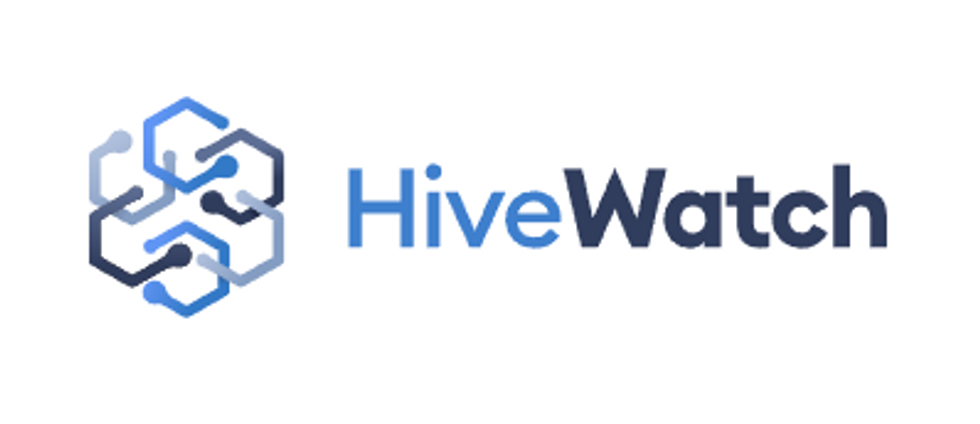
HiveWatch ($25 million raised)
HiveWatch develops physical security software. Its investors include former Twitter executive Dick Costollo and NBA star Steph Curry’s Penny Jar Capital.

Popshop ($24.5 million raised)
Whatnot competitor Popshop is betting that live-shopping is the future of ecommerce. The West Hollywood-based firm focuses on collectables such as trading cards and anime merchandise.
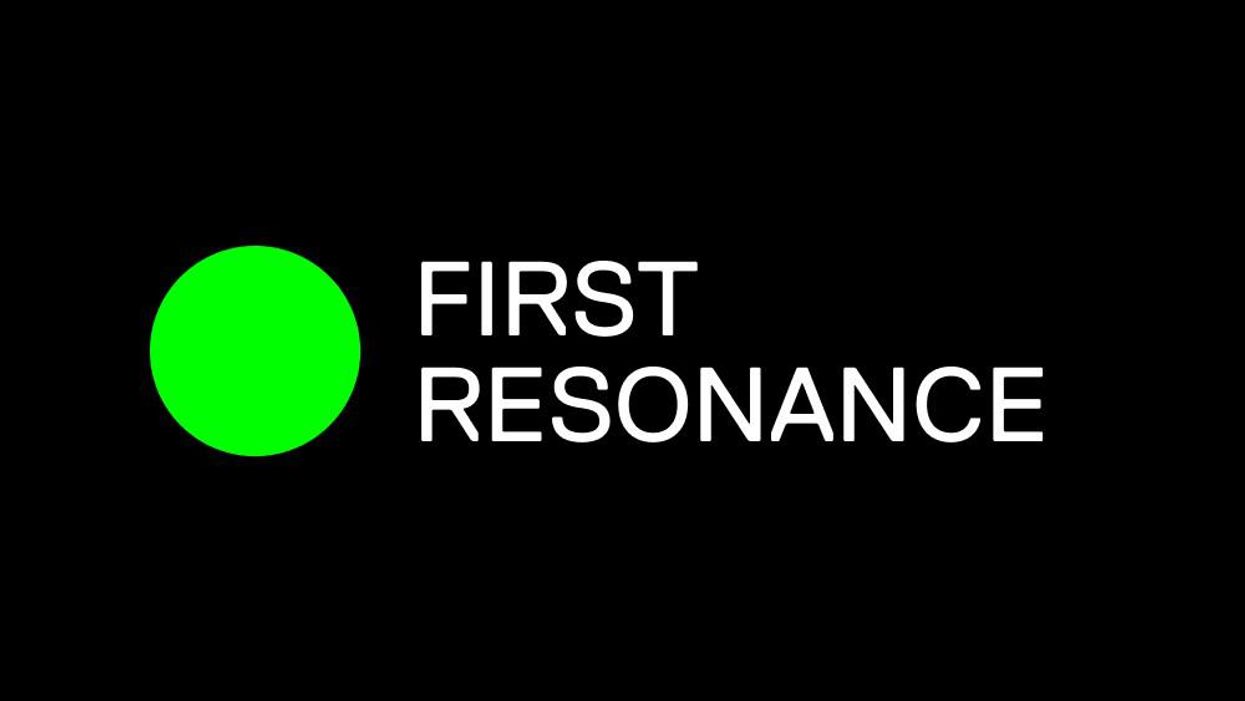
First Resonance ($19.4 million raised)
Founded by former SpaceX engineer Karan Talati, First Resonance runs a software platform for makers of electric cars and aerospace technology. Its clients include Santa Cruz-based air taxi company Joby Aviation and Alameda-based rocket company Astra.
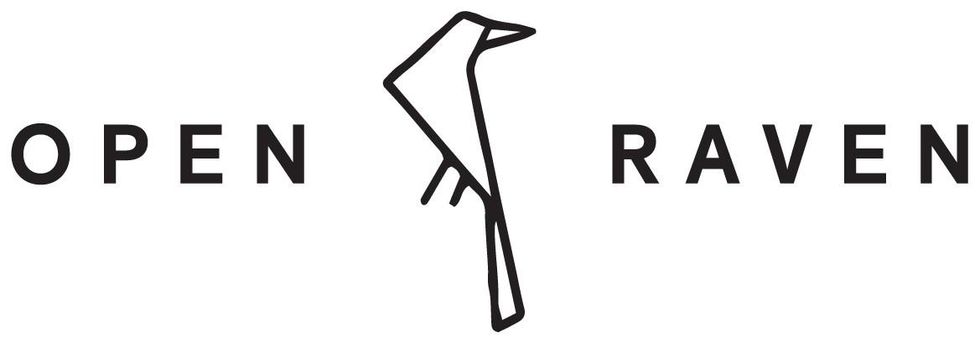
Open Raven ($19 million raised)
Founded by Crowdstrike and Microsoft alums, Open Raven aims to protect user data. The cybersecurity firm’s investors include Kleiner Perkins and Upfront Ventures.
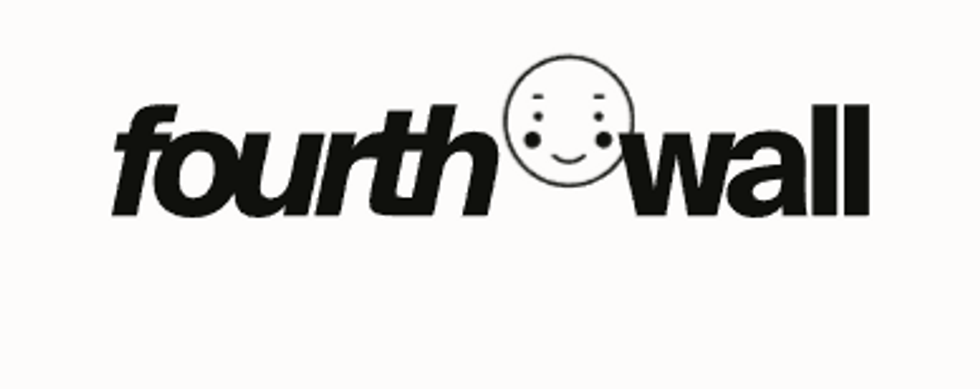
Fourthwall ($17 million raised)
When an actor faces the camera and speaks directly to the audience, it’s known as “breaking the fourth wall.” Named after the trope, Venice-based Fourthwall offers a website builder that’s designed for content creators.

The Non Fungible Token Company ($15 million raised)
The Non Fungible Token Company creates NFTs for musicians under the name Unblocked. Its investors include Jay Z’s Marcy Venture Partners and Shawn Mendez.
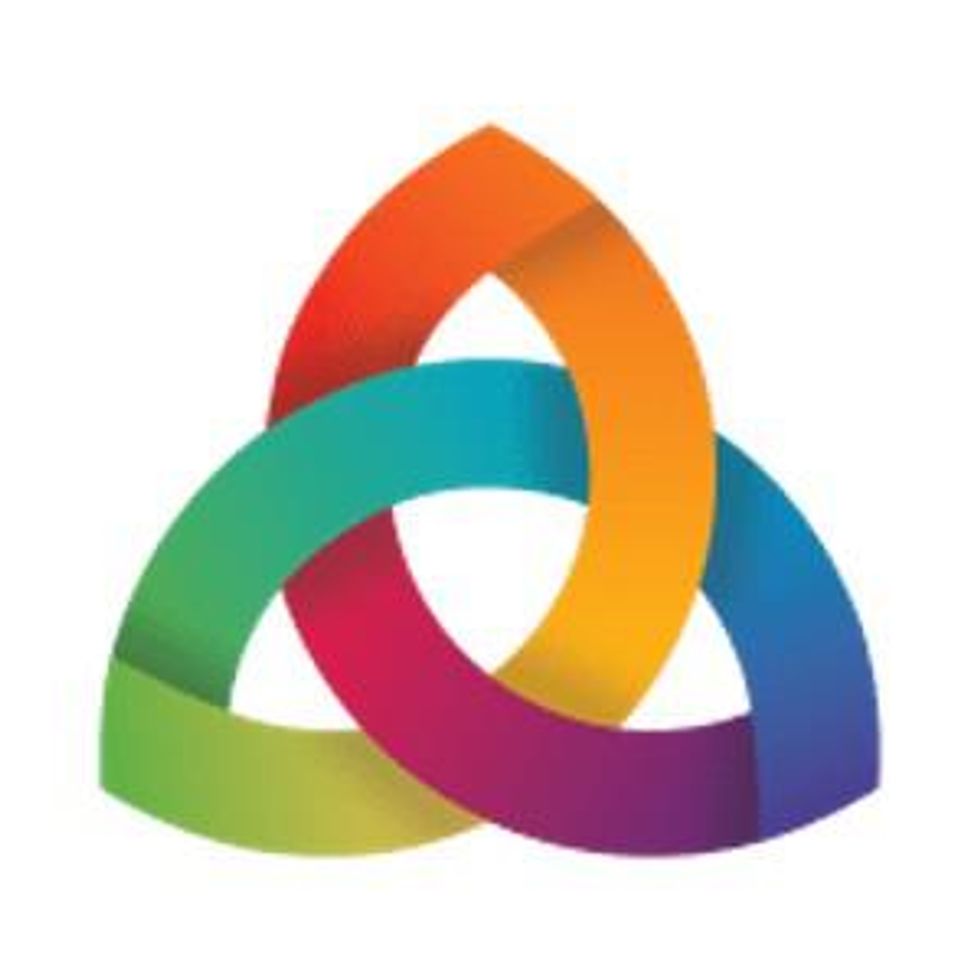
Safe Health Systems ($15 million raised)
Backed by Mayo Clinic Ventures, Safe Health develops telehealth software and offers tools for enterprises to launch their own health care apps.
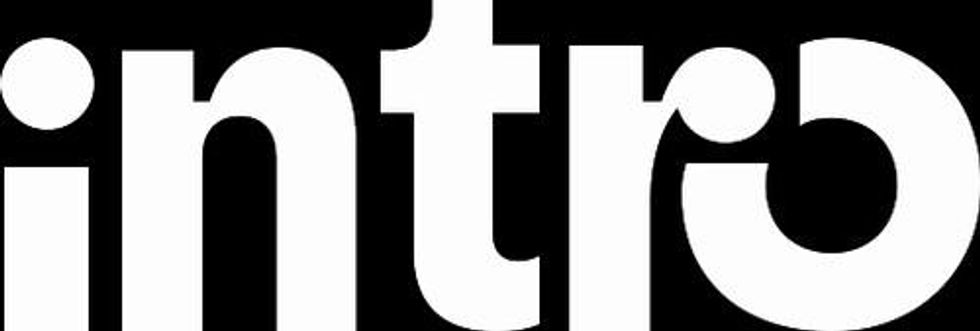
Intro ($11.6 million raised)
Intro’s app lets you book video calls with experts—from celebrity stylists, to astrologists, to investors.
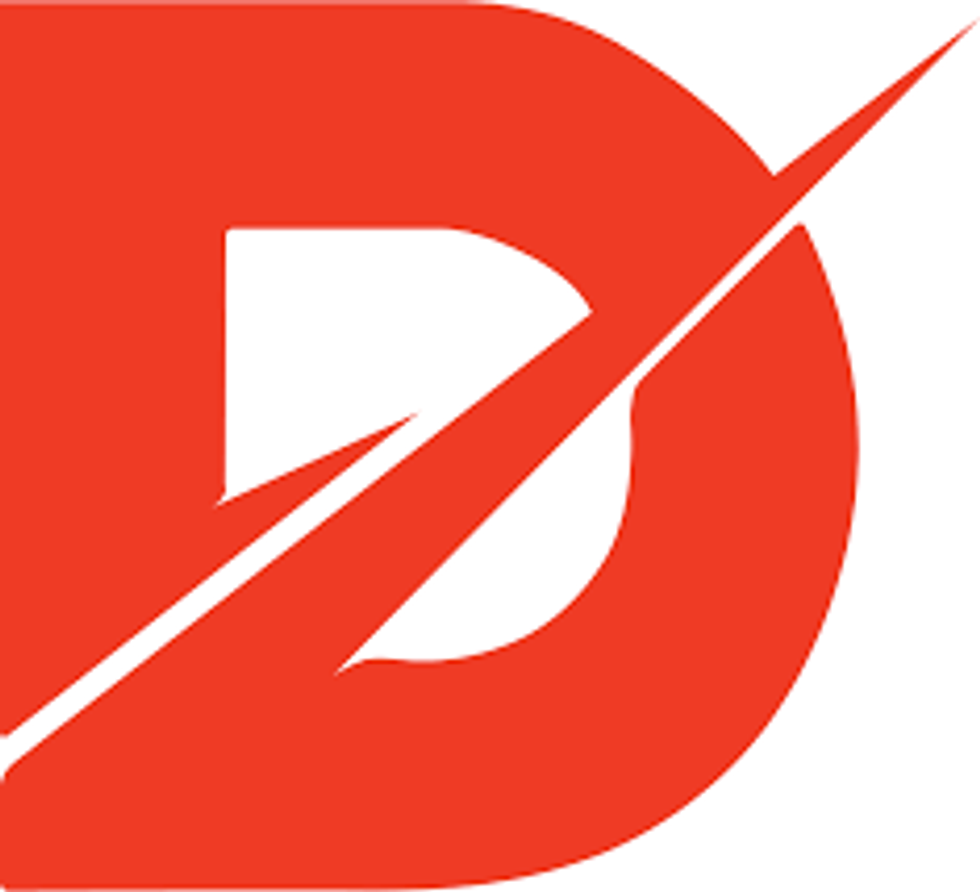
DASH Systems ($8.5 million raised)
With the tagline “Land the package, not the plane,” DASH Systems is a Hawthorne-based shipping company that builds hardware and software for automated airdrops.

Ettitude ($3.5 million raised)
With a focus on sustainability, Ettitude is a direct-to-consumer brand that sells bedding, bathroom textiles and sleepwear.

Afterparty ($3 million raised)
Along similar lines as Unblocked, Afterparty creates NFTs for artists and content creators such as Clay Perry and Tropix.

Heart to Heart ($0.75 million raised)
Heart to Heart is an audio-focused dating app that “lets you listen to the story behind the pictures in a profile.” Precursor Ventures led the pre-seed funding round.

Frigg (undisclosed)
Frigg makes hair and beauty products that contain cannabinoids such as CBD. The Valley Village-based company raised an undisclosed seed round in August.
From Your Site Articles
- The Early-Stage Startups in LA Set to Take Off in 2021 - dot.LA ›
- Los Angeles Startups Closed a Record Number of Deals in Q3 - dot.LA ›
- dot.LA's Map of Startups in Los Angeles - dot.LA ›
- The Hottest LA Startups of 2020 - dot.LA ›
- Los Angeles Cleantech Incubator Launches Green Loan Fund - dot.LA ›
- dot.LA's Guide on L.A. Flight Startups Overair, Archer Aviation - dot.LA ›
- Here Are LA’s Hottest Startups for 2023 - dot.LA ›
- Nobody Studios Plans to Build 100 Startups in Five Years - dot.LA ›
- From GameTree to Sota — Ukrainian Founders Call LA Home - dot.LA ›
Related Articles Around the Web
Harri Weber
Harri is dot.LA's senior finance reporter. She previously worked for Gizmodo, Fast Company, VentureBeat and Flipboard. Find her on Twitter and send tips on L.A. startups and venture capital to harrison@dot.la.
Cap Tables to Costumes: Whatnot’s Mega Round and Your LA Weekend Plan 🎃
10:39 AM | October 31, 2025
🔦 Spotlight
Happy Friday Los Angeles!
Live shopping’s LA moment
Whatnot, the LA born marketplace for live auctions, raised $225 million at an $11.5 billion valuation. The round was co led by DST Global and CapitalG, with Sequoia, Alkeon, a16z, Greycroft, BOND, and others participating. The company says the money goes to international expansion, trust and safety, and seller tools - fuel for a category that has moved from “Is this a fad?” to “How big does this get in the West?”
Why it matters
If that valuation sounds sudden, you’re not imagining it. Whatnot’s last raise in January valued the company around $5 billion. Less than 10 months later, the number has more than doubled, tracking a year of surging GMV and a social commerce flywheel spinning across TikTok Shop, YouTube, and Amazon. For LA, it’s a marquee bet on the creator commerce stack we do best: community, content, and culture that converts
The bigger picture
The implications go well beyond trading cards. Live, personality led storefronts are evolving from hobby to underwritable small business. If Whatnot uses this cash to keep fraud low and throughput high, we could see an LA export take root globally, not just as an app category but as a job category. That is a storyline to watch into Q4 and beyond.
From cap tables to costumes: Halloween in LA 🎃
You’ve earned some offline fun. Heading into Halloween weekend (Oct. 31–Nov. 2), LAist’s guide has a little of everything: neighborhood Día de los Muertos celebrations (from the Canoga Park family festival to an ofrenda for pets at Annenberg PetSpace in Playa Vista), the Frogtown Arts weekend along the LA River, plus plenty of screenings and concerts across town. Bookmark the list, pick your neighborhood, and maybe swap “add to cart” for “add to calendar.”
Send tips, sightings, and spooky term sheets our way. Venture deals for LA companies, funds, and acquisitions are below.
🤝 Venture Deals
LA Companies
- Bryan Johnson’s longevity startup Blueprint raised $60M from a celebrity heavy group of backers including Kim Kardashian, Naval Ravikant, Alex Hormozi, Ari Emanuel, and the Winklevoss twins to turn Johnson’s personal Blueprint regimen into a broader consumer platform. The company says the funding will help package diagnostics, biomarker tracking, prescriptions, nutrition, and other longevity services into an accessible offering. The round underscores mainstream interest in data driven wellness despite past questions about Blueprint’s trajectory. - learn more
- Rarity PBC raised $4.6M in seed financing to advance a one-time, autologous blood-stem-cell gene therapy for ADA-SCID (“bubble baby” disease) that it has licensed from UCLA researcher Dr. Donald Kohn. The round, led by biotech investor Steve Oliveira (Nemean Asset Management), will support manufacturing and steps toward commercial readiness. - learn more
- Fruitist raised $150M led by a vehicle managed by J.P. Morgan Asset Management, with participation from Aliment Capital and Ray Dalio’s family office. The LA-based superfruit brand says the funding will fuel crop expansion, cold storage, and automation as it scales distribution to 12,500+ stores and targets continued growth following roughly $400M in trailing sales. - learn more
- Homecourt, the Los Angeles based luxury home and personal fragrance brand founded by Courteney Cox, raised an $8M Series A led by CULT Capital. The company says the funding will fuel brand marketing, team hires, and infrastructure as it expands beyond DTC into 300+ retail doors including Nordstrom, Bluemercury, and Revolve. Homecourt has broadened from home care into body and laundry collections since launching in 2022. - learn more
LA Venture Funds
- Aliavia Ventures participated in Human Health’s $8.5M raise, joining LocalGlobe, Airtree, Skip Capital and Scale Investors to back the precision health platform from former Canva product leaders Georgia Vidler and Kate Lambridis. The funding will support international expansion, deepen product intelligence in areas like women’s health, respiratory and pain, and scale Human Evidence for patient driven research; Human Health reports more than 200,000 users and 20 million logged health actions to date. - learn more
- Riot Ventures participated in EnduroSat’s $104M funding round, alongside Google Ventures, Lux Capital, the European Innovation Council Fund, and Shrug Capital. The Sofia based satellite manufacturer says the capital will scale production of its ESPA class (200 to 500 kg) modular satellite buses, targeting capacity of up to two satellites per day at a new 188,340 square foot Space Center so constellation customers can get to orbit faster. The raise is EnduroSat’s second this year and follows a €43 million round in May. - learn more
- Rocana Venture Partners participated in Recess’s $30M Series B, which was led by CAVU Consumer Partners and included Midnight Ventures, Torch Capital, Doehler Ventures, KAS Venture Partners, Vanquish, and Craig Kallman. The relaxation-beverage company will use the capital to grow its team, expand retail distribution, and ramp marketing, and it also named former Nutrabolt executive Kyle Thomas as President and Co-CEO to help scale the brand. Recess says it now sells in more than 15,000 U.S. stores, positioning it to capitalize on demand for functional relaxation and alcohol-alternative drinks. - learn more
- Terasaki Institute participated in iOrganBio’s $2M launch financing, joining First Star Ventures (lead), IndieBio, Cape Fear BioCapital, 2ndF, and Alix Ventures. The Chapel Hill based startup unveiled CellForge, an AI powered cell-manufacturing platform that pairs predictive models with high throughput control to engineer reproducible human cells and organoids for drug discovery and cell therapies. The funds support product development and early deployments. - learn more
- Fox Sports made a strategic investment in Shadow Lion, the creative agency and IP studio co-founded by Tom Brady, forming a partnership to develop talent-led originals, digital content, long-form projects, and marquee live events. The deal includes a new Los Angeles hub for Shadow Lion on the Fox lot, with early tentpoles including a University of Michigan football docuseries from executive producers Brady and Jim Harbaugh and collaboration on the Fanatics Flag Football Classic. - learn more
- EB Medical Research Foundation participated in Eliksa Therapeutics’ funding to advance ELK-003, a biological eye drop for ocular complications in epidermolysis bullosa. The round, led by DEBRA Research with support from Cure EB, the Abe Fund, and EB Research Partnership, backs an ongoing pilot study with 18 patients enrolled and no drug-related side effects reported among the first eight who completed treatment. - learn more
- Patron and HartBeat Ventures participated in Sweatpals’ $12M seed round alongside a16z speedrun, backing the community fitness platform as it expands its “daylife” model of IRL wellness events. The funding will support product and market expansion for hosts and gyms using Sweatpals for discovery, ticketing, memberships, and marketing. Business Insider reports the startup now reaches over 1 million monthly users and is growing into new U.S. cities. - learn more
- UP.Partners participated in Lula Commerce’s $8M Series A, led by SEMCAP AI with Rich Products Ventures, GO PA Fund, NZVC, Green Circle Foodtech Ventures, and Outlander VC also joining. The Philadelphia company, active with more than 2,000 retailers, offers an AI powered digital commerce suite for convenience stores covering order ahead, pickup, delivery, and back office tools, and says the round brings total funding to over $16M to meet rising demand. - learn more
- Navitas Capital led WorkHero’s $5M seed to scale its AI powered back office platform for small HVAC contractors, with Workshop Ventures, York IE, and strategic angels also participating. WorkHero combines agentic AI with human account managers to handle invoicing, permits, rebates, warranty registrations, and pricebooks so owners spend less time on admin. The funding will expand engineering and product and add new services such as call answering and bookkeeping. - learn more
LA Exits
- DMI was acquired by Stingray, adding about 8,500 U.S. retail locations to Stingray’s in-store audio advertising network and bringing its total footprint to roughly 33,500 sites. The deal cements Stingray’s leadership in pharmacy retail audio across the two largest chains and brings DMI’s creative services, including cinema advertising and brand marketing, under its umbrella, with CEO Tena Clark staying on to help integrate and expand the offering. - learn more
Read moreShow less
Resy Cofounder’s New App Lands in LA: A Loyalty Tool Restaurants Actually Want
10:08 AM | October 24, 2025
🔦 Spotlight
Hello LA,
Blackbird, the loyalty and payments startup from Resy and Eater co-founder Ben Leventhal, officially landed in LA this week. The product is simple in the wild: you check in, pay through the app, and earn rewards that restaurants can actually act on, helping them spot and serve regulars without guessing. The LA launch goes live with more than 50 partners centered on the Westside, including names like Gjelina and Felix, plus spots across groups such as Rustic Canyon and Citrin, with expansion planned beyond Venice and Santa Monica.

Under the hood, Blackbird has been building a national network and says it is live at more than 1,000 restaurants. The company raised fresh capital earlier this year to expand markets and roll out cross-restaurant rewards, positioning LA as a key beachhead for growth. If you dine out a lot, the appeal is that the app collapses discovery, payment, and loyalty into one flow. If you run a dining room, the promise is cleaner data on guests you actually see, instead of a generic points program that lives somewhere else.
For LA specifically, the draw is that this model fits how the city eats. We spread across neighborhoods, follow chefs, and rotate between a small set of favorites and a long list of next-ups. A networked loyalty layer that recognizes that pattern could move real dollars, particularly for independents that want to keep the relationship direct. We’ll be watching how quickly the footprint moves east from the coast and which operators lean into memberships and targeted rewards first.
Scroll for this week’s LA venture deals, funds, and acquisitions.
🤝 Venture Deals
LA Companies
- GammaTime, a Los Angeles based premium micro drama platform founded by former Miramax CEO Bill Block, raised $14M seed led by vgames and Pitango, with participation from Alexis Ohanian, Kris Jenner, Kim Kardashian, and Traverse Ventures. The app is live on iOS and Android, features more than 20 vertical phone native originals, and plans new series from “CSI” creator Anthony E. Zuiker as it scales a freemium model for U.S. audiences. - learn more
- Wolf Games, a generative-AI gaming startup backed by Dick Wolf, raised a $9M Series A led by Main Street Advisors. The company also inked a partnership with NBCUniversal to develop interactive games using NBCU IP, built on Wolf Games’ platform for creating “living, cinematic” game worlds. Notable participants include Maverick Carter, Tom Werner, and Rashid Johnson, alongside returning investors Jimmy Iovine, Paul Wachter, and Dick Wolf. - learn more
- Quantum Elements, a Los Angeles based startup, launched Constellation, an AI native platform that helps teams build quantum software and co design hardware using agentic AI, natural language prompts, and a large noisy qubit simulator. The company emerged from stealth with funding from QDNL Participations and support from USC Viterbi, and says Constellation can speed code generation, debugging, and testing for applications in pharma, energy, and finance. - learn more
- Arbor Energy raised a $55M Series A co-led by Lowercarbon Capital and Voyager Ventures, with Gigascale Capital and Marathon Petroleum Corporation participating, to accelerate deployment of its zero-emission, fuel-flexible turbines. The funding completes a 1 MW pilot called ATLAS and advances HALCYON, a 25 MW modular turbine that uses oxy-combustion with supercritical CO₂ for efficient, carbon-neutral baseload power aimed at data centers, utilities, and industrial customers. - learn more
- Dialogue AI raised a $6M seed led by Lightspeed Venture Partners to scale its AI-native research platform, which uses a live conversational AI interviewer to run real-time customer interviews and deliver insights faster. Participants include Seven Stars, Uncommon Projects, the Tornante Company, and notable angels, and the funds will accelerate product and go-to-market efforts with early customers such as Wayfair, Square, Nextdoor, and Suno. - learn more
LA Venture Funds
- March Capital participated in Uniphore’s $260M Series F, joining strategic investors NVIDIA, AMD, Snowflake, and Databricks. The funding will accelerate development and adoption of Uniphore’s Business AI Cloud and expand its partner ecosystem, alongside investors like NEA, BNF Capital, National Grid Partners, and Prosperity7 Ventures. - learn more
- Beast Ventures participated in Nutropy’s latest funding round to scale precision-fermented casein for next-gen dairy ingredients. The France-based startup will use the capital to ramp production and deliver larger samples of its “cheeseable milk” powder to food manufacturers as it targets a 2027 launch. - learn more
- Patron participated in Notch’s $8M seed financing round, alongside investors such as Wing, Samsung, and Balaji, to scale the company’s AI platform for generating performance ads. Notch has since launched a “URL-to-animated-ads” feature that turns a product link into ready-to-run animated creatives within minutes, supporting a faster workflow for marketers rolling out motion ads. - learn more
- B Capital participated in CurbWaste’s $28M Series B, which was led by Socium Ventures with Flourish Ventures, TTV Capital, and Squarepoint Capital also joining. The funding brings total capital to $50M and will accelerate product and go-to-market work on CurbWaste’s operating system for independent waste haulers, including AI-driven dispatch, reporting, and payments. - learn more
- Thin Line Capital participated in SenseNet’s $14M Series A to scale its AI wildfire-detection network in the United States. The round was led by Stormbreaker with Fusion Fund, Plaza Ventures, FOLD36 Capital, and B Current also joining; funds go toward new offices and installations as SenseNet fuses gas sensors, AI cameras, satellites, and weather data to spot fires before they are visible. The company says it already monitors about 130 million acres and can flag ignitions within minutes. - learn more
- MANTIS Venture Capital participated in Keycard’s $38M financing for its identity and access platform for AI agents. The combined seed and Series A were led by Andreessen Horowitz, Acrew Capital, and Boldstart Ventures, and coincide with Keycard’s early-access launch. Keycard says its system issues short-lived, auditable identity tokens to help developers govern agent actions and data across apps. - learn more
- WndrCo participated in Defakto’s $30.75M Series B, a round led by XYZ Venture Capital with The General Partnership and Bloomberg Beta also joining. Defakto, formerly SPIRL, builds a Non-Human Identity and Access Management platform that replaces static credentials with dynamic, auditable identities for services, pipelines, workloads, and AI agents across multi-cloud environments. The company will use the capital to accelerate product development and expand go-to-market efforts. - learn more
- CIV co led 1001’s $9M round alongside General Catalyst and Lux Capital to build an AI native operating system for decision making in critical industries. 1001 combines live data ingestion, operational mapping, AI driven decisioning, and governance to help operators act in real time, with early pilots in aviation, logistics, and large infrastructure projects. The raise also includes backers like Chris Ré and Amjad Masad and will fund early deployments and hiring in Dubai, London, and beyond. - learn more
- Brentwood Associates led Throne Labs’ $15M Series B initial close to expand the company’s smart restroom infrastructure across new and existing U.S. markets. Existing investors including Uncorrelated Ventures, DiPalo Ventures, Rabil Ventures, and Arpiné Capital participated as Throne scales its network of sensor-equipped, ADA-compliant restrooms and city partnerships. - learn more
- M13 led Estuary’s $17M Series A, with participation from FirstMark and Operator Partners, to scale the company’s “right-time data” platform. Estuary unifies change data capture, streaming, and batch into one managed system with BYOC deployment so enterprises can control latency and feed AI applications more reliably; funds will support product and go-to-market expansion. - learn more
- Strong Ventures provided follow-on funding in Unjeonseonsaeng’s ₩2.8B (~$2.0M) Series A, backing the driving-school comparison and booking platform as it scales nationwide. New investors Fast Ventures and Korea Credit Guarantee Fund joined the round, with proceeds going to expand the company’s SaaS tools for driving schools and enhance data-driven features like AI recommendations and advertising. The startup reports monthly GMV above ₩1B and its first profitable quarter in 2025. - learn more
- Interlagos led Adaptyx Biosciences’ $14M seed, with Hyperlink Ventures participating alongside Overwater Ventures, Starbloom Capital, Stanford University, the Chan Zuckerberg Biohub, and others. Adaptyx is developing a biowearable for continuous, multi-analyte molecular monitoring; the raise brings total funding to about $23M and supports R&D, clinical progress toward FDA clearance, and platform scaling. - learn more
- B Capital participated in Faeth Therapeutics’ new $25M financing, which brings the company’s total funding to $92M and supports a randomized Phase 2 trial of its PIKTOR regimen in endometrial cancer with the GOG Foundation. The raise, led by S2G Ventures with additional new and existing backers, follows Phase 1b data showing an 80% overall response rate and 11-month median PFS when PIKTOR was combined with paclitaxel. - learn more
- Btech Consortium participated in PortX’s strategic growth round, joining renewed backers alongside new investors Allied Solutions and the American Bankers Association. The funding extends PortX’s Series B and underscores industry support for its AI-powered data integration platform for banks and credit unions. - learn more
LA Exits
- Breez was acquired by JumpCloud to bolster JumpCloud’s identity threat detection and response capabilities and accelerate its security roadmap. The deal brings Breez’s ITDR technology and team into JumpCloud’s platform; terms were not disclosed. The Breez group is led by former Adobe executive Abhinav Srivastava. - learn more
Read moreShow less
RELATEDTRENDING
LA TECH JOBS


